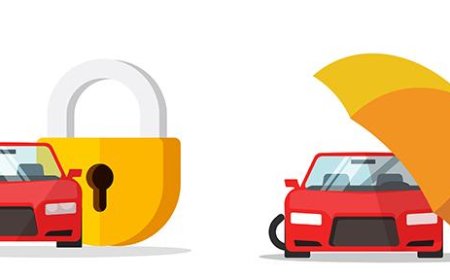Fasting Before Full Body Checkup: What to Know

Afull body checkup is an essential part of preventive healthcare that helps identify potential health problems before they become serious. One important aspect often associated with a full body checkup is fasting. Patients are typically advised to fast for a specific period before their test, and many wonder why this is necessary. This article will help you understand the importance of fasting, how long to fast, and what to avoid before undergoing a full body checkup.
Why Fasting Is Required Before a Full Body Checkup
Certain blood tests included in a full body checkup require fasting to ensure accurate results. When you eat or drink, your body absorbs glucose, fats, and other nutrients, which can affect the levels of various substances in your bloodstream. Fasting helps create a baseline, allowing doctors to measure blood sugar, cholesterol, and other parameters without interference from recent food intake.
For example, tests like fasting blood glucose, lipid profile, and liver function are commonly included in a full body checkup. These tests are highly sensitive to what you consume. If you eat before these tests, your results may be misleading, potentially hiding real health issues or creating false alarms.
How Long Should You Fast?
Typically, an 8 to 12-hour fasting window is required before a full body checkup. During this period, you should not eat any food or drink anything other than water. Water is allowed because it does not impact most blood test results and helps keep you hydrated, which is important for smoother blood collection.
It's best to schedule your full body checkup for early morning. This allows you to fast overnight while sleeping and minimizes discomfort from hunger during the day. After the tests are done, you can resume normal eating.
What to Avoid Before a Full Body Checkup
Besides refraining from food, certain other precautions can enhance the accuracy of your full body checkup results:
-
Avoid Alcohol: Alcohol can interfere with liver function and blood sugar tests. Avoid it for at least 2448 hours before your full body checkup.
-
Limit Physical Activity: Intense exercise can temporarily raise some markers like creatine kinase or affect your blood pressure. Avoid workouts 24 hours before your full body checkup.
-
Pause Supplements (if advised): Some supplements may alter blood readings. It's best to inform your healthcare provider and ask whether to continue or pause them before your full body checkup.
-
No Smoking: Smoking can impact certain results such as blood pressure and oxygen levels. Refrain from smoking at least a few hours before your full body checkup.
Can You Take Regular Medications?
If you are on medications for chronic conditions like diabetes, thyroid, or blood pressure, consult your doctor about whether you should take them before your full body checkup. Some medications may affect test results, while skipping them might not be safe. Follow your doctor's instructions carefully.
What Happens If You Dont Fast?
If you do not fast before a full body checkup, the test results may not reflect your true health status. Elevated blood sugar or cholesterol levels due to recent food intake might lead to incorrect diagnoses or unnecessary follow-ups. Conversely, low values masked by recent meals could delay detection of underlying conditions. To ensure your full body checkup provides meaningful insights, fasting when recommended is critical.
Tests That Require Fasting in a Full Body Checkup
Not all tests in a full body checkup need fasting. However, several commonly included ones do:
-
Fasting Blood Glucose
-
Lipid Profile (Cholesterol and Triglycerides)
-
Liver Function Test
-
Kidney Function Test
Always check with your healthcare provider or lab regarding specific fasting instructions for your chosen full body checkup package.
Tips for a Comfortable Fasting Experience
Fasting for a full body checkup can be easy if you follow a few simple tips:
-
Eat a balanced dinner the night before, avoiding heavy, greasy, or sugary foods.
-
Drink water regularly to stay hydrated.
-
Avoid caffeine, which may cause dehydration or affect certain results.
-
Get adequate sleep so your body is well-rested and stress levels are low during your full body checkup.
Conclusion
Understanding the fasting requirements before a full body checkup is essential for obtaining reliable and accurate results. It plays a crucial role in detecting early signs of conditions such as diabetes, high cholesterol, or liver issues. Always follow the fasting instructions provided to you and prepare wisely. This simple step ensures your full body checkup reflects your true health status and allows doctors to make informed decisions. Investing time in proper preparation today could lead to a healthier tomorrow with regular full body checkup routines.































